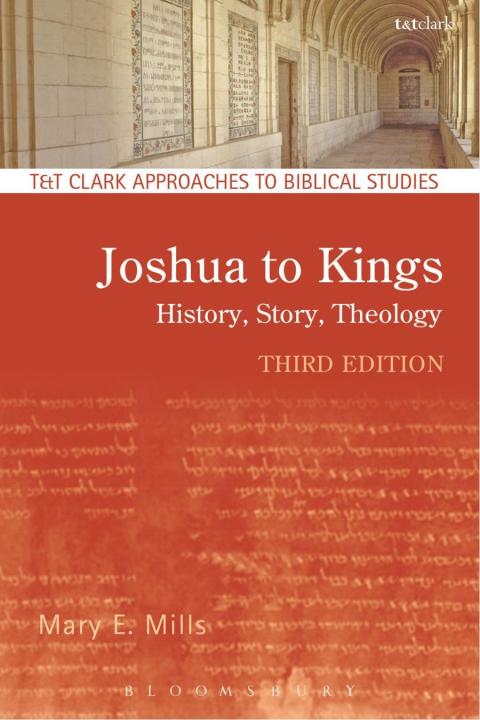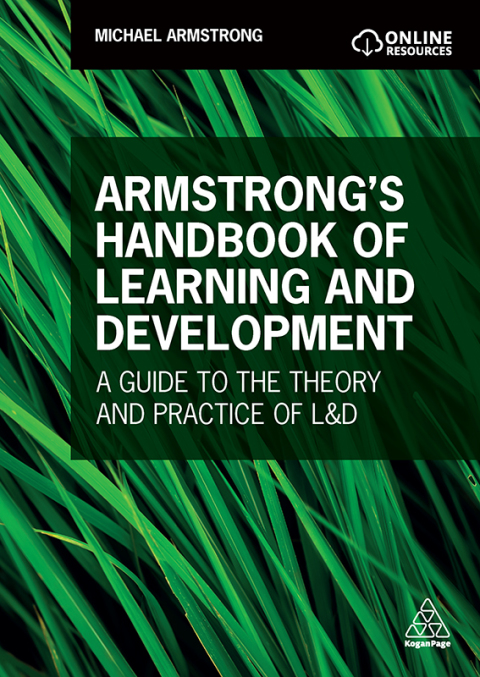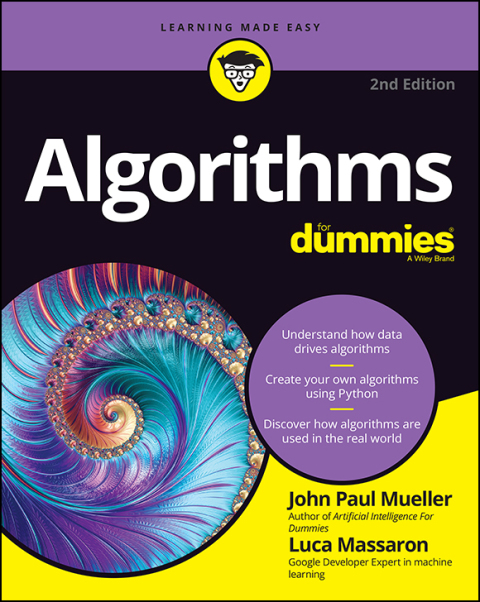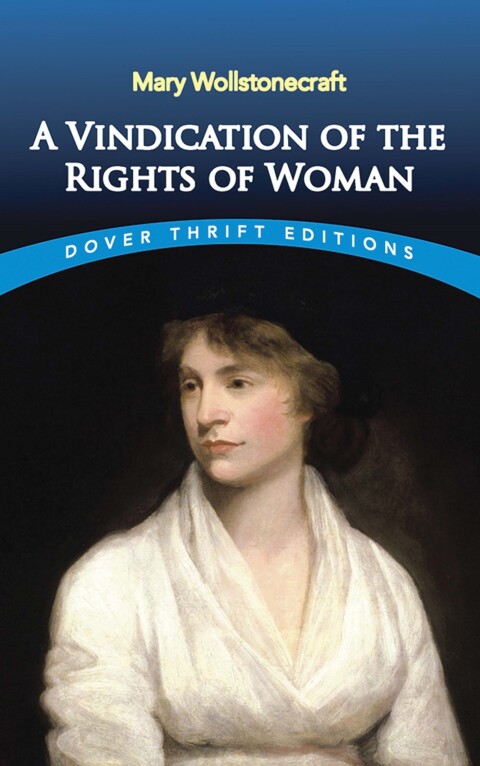Description
Efnisyfirlit
- Cover
- Half-Title
- Series
- Title
- Contents
- Acknowledgements
- Foreword
- Original Foreword (1999)
- 1 Introduction
- Historical Israel
- Biblical Israel
- The Deuteronomistic histories
- Conclusions
- Historical Issues
- 2 Joshua and the Conquest of Canaan
- The story of the conquest
- Historical background
- Scholarly views
- The construction of history
- Looking seriously at the text
- 3 Judges and the Society of Ancient Israel
- The history of the tribes
- Judges and leaders
- Israel’s social structures
- Martin Noth and Israel’s history
- The tribes of YHWH
- Basic issues
- Reconstructions
- The continuity of tribalism
- Summary
- 4 1 and 2 Samuel: Social and Political Leadership
- From tribes to kingdom
- Davidic empire and archaeology
- The argument from silence
- Leadership models
- Other forms of leadership in 1 and 2 Samuel
- Seer and diviner
- Conclusions
- 5 1 and 2 Kings and Biblical Archaeology
- Biblical Solomon
- Solomon in history
- The kingdoms of Israel and Judah
- Kings in Israel
- The stories of the Kings
- The Deuteronomistic style
- Biblical archaeology
- The history of Israel
- History as Story
- 6 Narrative Art and the Deuteronomistic Histories
- Alternative ideologies
- Postmodernity and Judges
- The methodology of narrative criticism
- What is Narrative Art?
- Narrative Art and the Hebrew Bible
- 1 Kings and narrative commentary
- The use of language
- Summary
- 7 Tragedy and History
- The nature of tragedy
- The tragic hero
- The stories of Saul and David as tragic narrative
- 1 Samuel 28
- 2 Samuel 15
- Saul and David: Tragic heroes?
- Tragedy as history
- The Deuteronomistic histories as tragedy
- Israel’s character
- From generation to generation
- Israel: A guilty people?
- Israel: A tragic people?
- 8 Reading Stories, Finding Women and Men
- Postmodernity and women
- Women and the Post Modern Bible
- Narrative and reading against the grain
- Reading stories
- Finding women
- Judges 16
- 2 Samuel 11
- I Kings 1
- Women in Judges
- Women, Strange and Good
- The profiles of women and men
- History as Theology
- 9 A Constitution for Israel
- Ideological criticism
- Old Testament theology
- The Deuteronomistic style
- Israel’s identity
- The Deuteronomistic histories
- Torah as social order
- The theocratic state
- Summary
- 10 The Character of God
- God and the Deuteronomistic story
- The Lord of Israel
- The Lord of the covenant
- God and character
- God the divine warrior
- God and violence
- The development of God
- The aniconic tradition
- God and sexuality
- God and body
- God and history
- The Deuteronomistic God
- 11 The Personhood of Israel
- Biblical Israel
- The people of the Lord: Basic principles
- Sacred traditions
- Israel as a nation
- Violence and revelation
- From nation to kingdom
- Israel as a kingdom
- Kings of Israel
- Prophets in Israel
- Sin, repentance and identity
- Fostering civic virtue
- Israel as a moral person
- 12 Conclusion
- Starting to read
- Modern biblical criticism and a system of reading
- Further reading systems
- History and the reader
- History and the Christian reader
- The reader and the texts
- References
- Index
- Copyright






